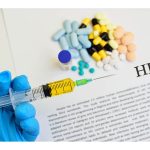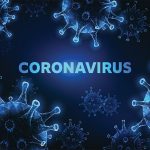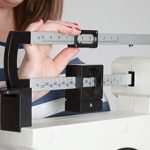
The first monthly shots to treat adults with HIV were approved by the U.S. Food and Drug Administration on Thursday. “Currently, the standard of care for patients with HIV includes patients taking daily pills to adequately manage their condition. This approval will allow some patients the option of receiving once-monthly injections in lieu of a daily oral treatment regimen,” said Dr. John Farley, director of the Office of Infectious Diseases in the FDA’s Center for Drug Evaluation and Research. “Having this treatment available for some patients provides an alternative for managing this chronic condition,” he added in an agency news release. One expert said the shots will likely be welcomed by HIV patients. The shots “will enhance quality of life” to need treatment just once a month, Dr. Steven Deeks, an HIV specialist at the University of California, San Francisco, told CBS News. “People don’t want those daily reminders that they’re HIV-infected.” Another expert agreed. “Even people who are taking one pill once a day … reported improvement in their quality of life to switch to an injection,” Dr. Judith Currier, an HIV specialist at the University of California, Los Angeles, told CBS News. She consults for ViiV Healthcare, the company behind the long-acting treatment, and wrote a commentary accompanying one study of the drug published recently in the New England Journal of Medicine. Not… read on > read on >













